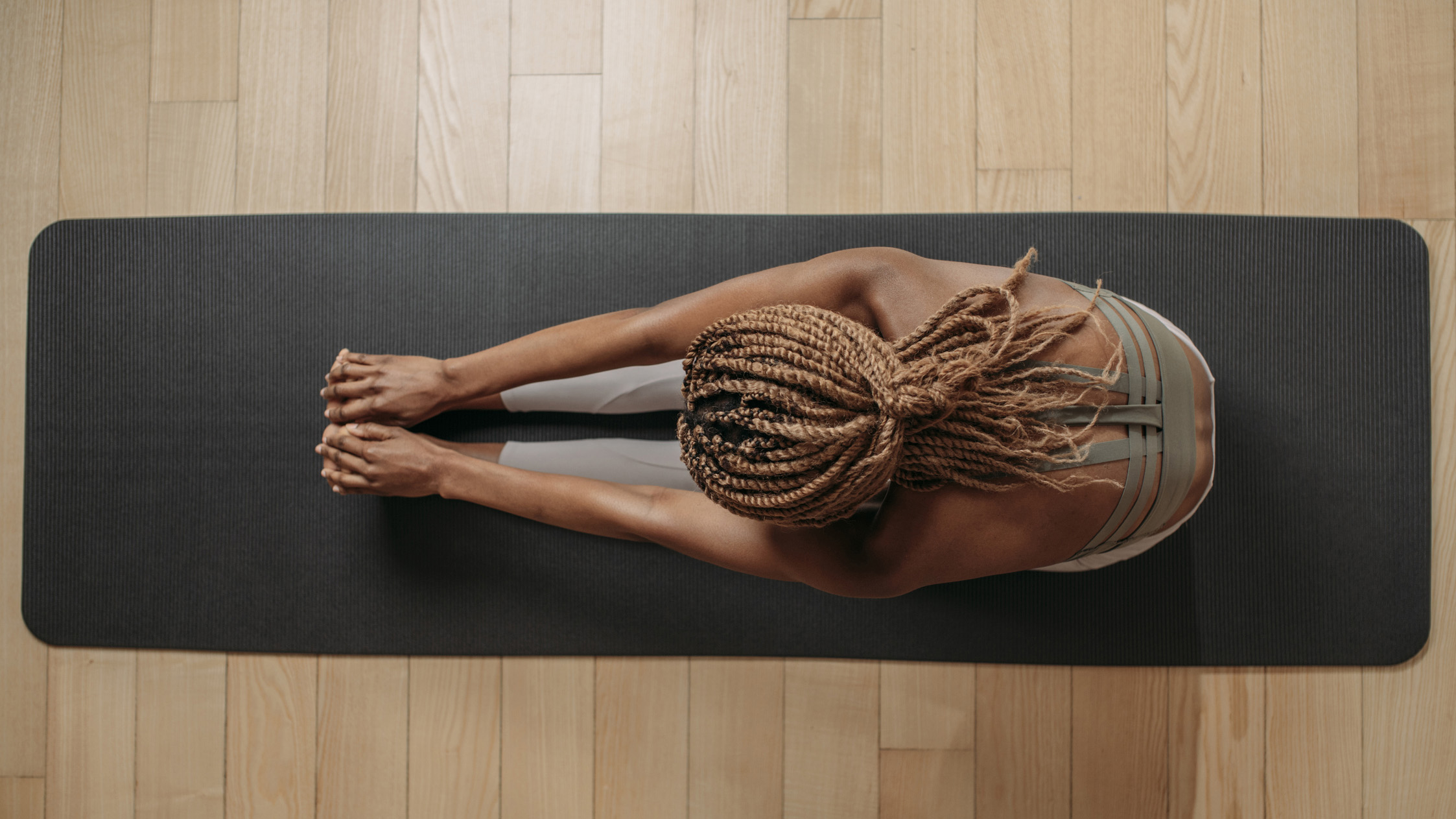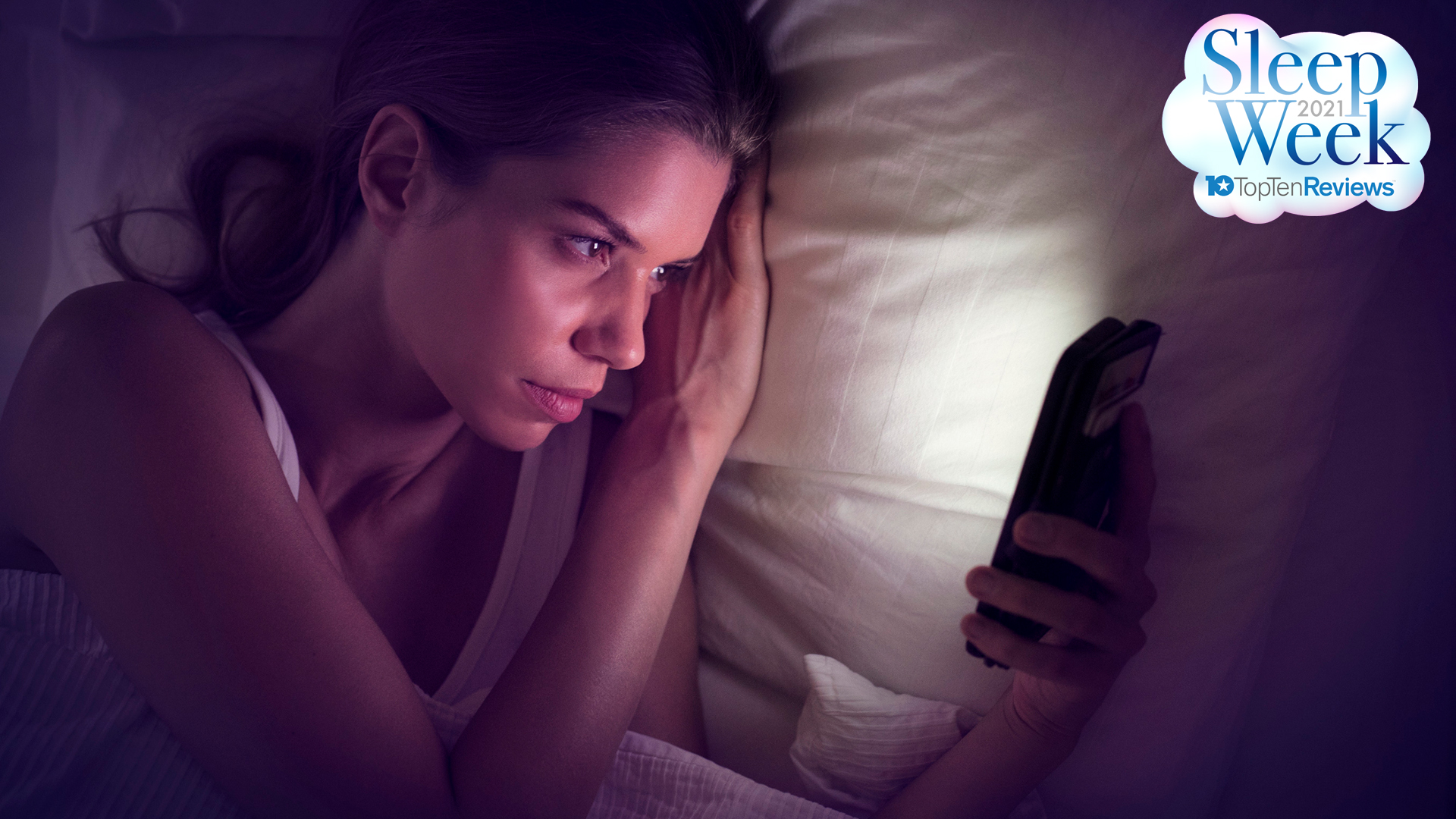We’re as guilty as anyone of spending far too much time on our smartphones, but there is mounting evidence that shows excessive smartphone use could be hurting your sleeping pattern. So, what does the science show, and what can we do to keep ourselves healthy and make sure we’re all getting enough shut-eye this Sleep Awareness Week and beyond?
A recent UK study has shown there could be a link between what it terms as smartphone addiction and poor sleep quality. The research was published in Frontiers in Psychiatry and involved an in depth survey of 1071 participants. Of that original 1071 people, 406 people reported that they had smartphone addiction, with 68.7% of that group also suffering from poor sleep. That’s a noticeable increase on the 57.1% of people who had poor sleep but did not consider themselves to have smartphone addiction.
Likewise, another study conducted by SleepStandards and reported on by the American Journal of Managed Care showed that 71.8% of Americans with sleep disorders used some form of screen technology before bed, whether that was watching TV, checking social media on their phones, checking emails, or playing video games.
Quit scrolling so much and start relaxing more
So, what can we do to help cut down this negative impact that our screens are having on our sleeping regimes? Well, the answer is simple and it’s not the one any of us wanted to hear, but cutting down on screen time in the few hours leading up to bedtime can have a massive positive effect. As we discuss in our feature on why is sleep important, what you do just before bed is very important.

Staring at screens keeps our minds racing and makes it difficult for us to get ready for bed, especially if you go straight from watching TV to trying to sleep. Give yourself an hour or two for your brain to chill out and you should see a huge improvement.
Dr Lindsay Browning, chartered psychologist, neuroscientist, and author of Navigating Sleeplessness is a huge believer in the importance of winding down before bed: “Physical arousal stops sleep, and that’s why a wind-down routine before bed is important. Because you want to be physically relaxed. So if you have been working and stressed all evening, or even doing exercise late at night and then you try to go to sleep, your body and your brain are still buzzing and you will be in a completely different headspace and with a different level of physical alertness, so sleep will be hard.”
It’s the same when scrolling through feeds while you’re in bed. You want to be in a mental space that’s more in line with relaxation and sleep. Ensuring you have the best mattress for comfy sleep is a real ally here. “Relaxing before bed is very important, whether that’s reading, giving yourself a massage, trying mindfulness or meditation, having a bath, yoga…” suggests Dr Browning, “anything nice and relaxing would be great to help you get in the right frame of mind and the right peaceful state for sleep.”
It’s not all doom and gloom though, as that SleepStandards study did also show some of the positive ways that technology has impacted people’s sleeping patterns, through the use of exciting new technologies such as smart beds, along with sleep apps on smartwatches and fitness trackers. We also did a round up of bedtime friendly technology to show how it can help improve your sleeping routine.

